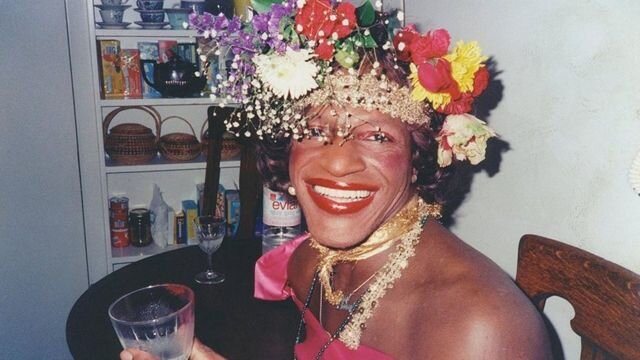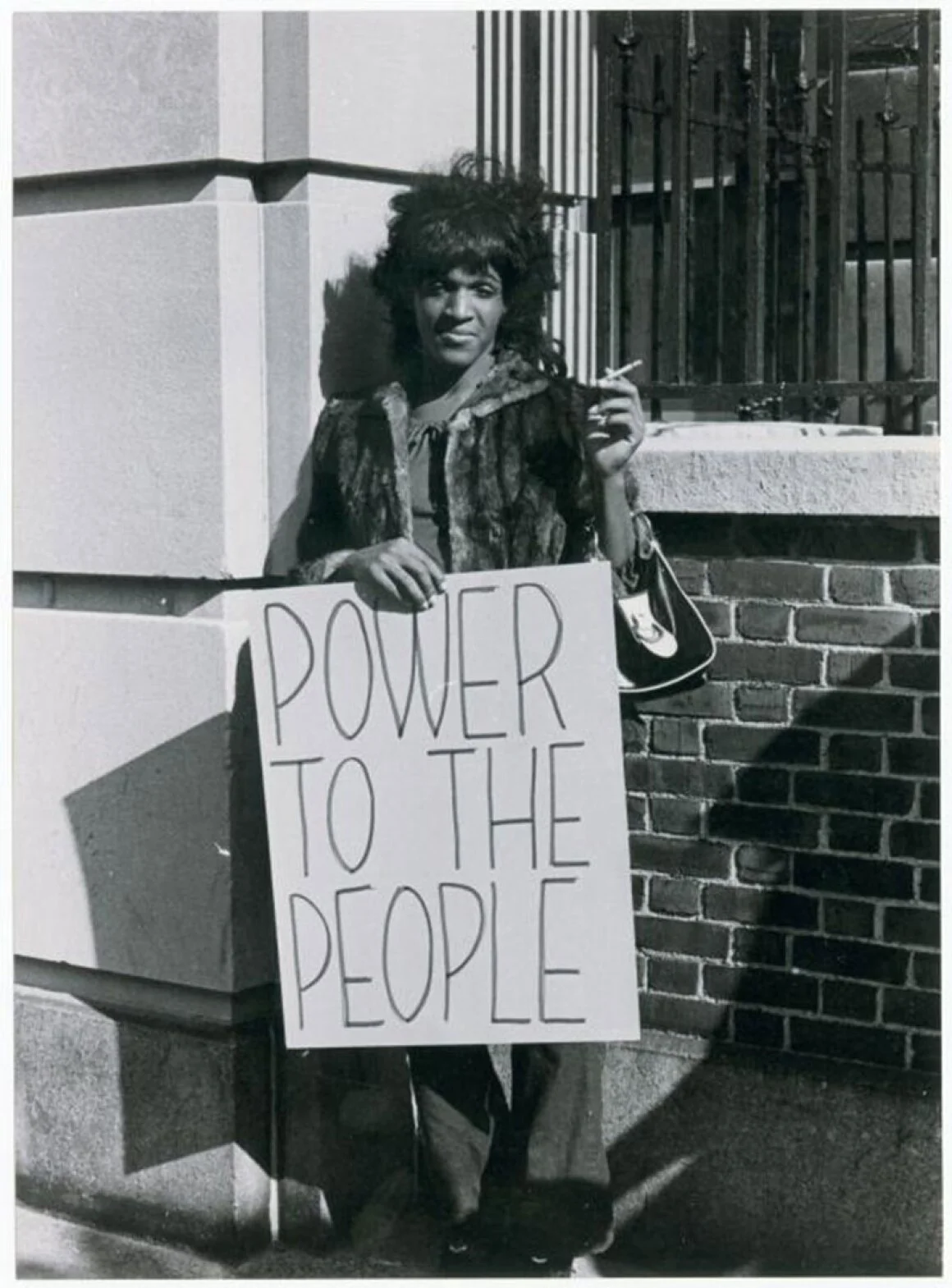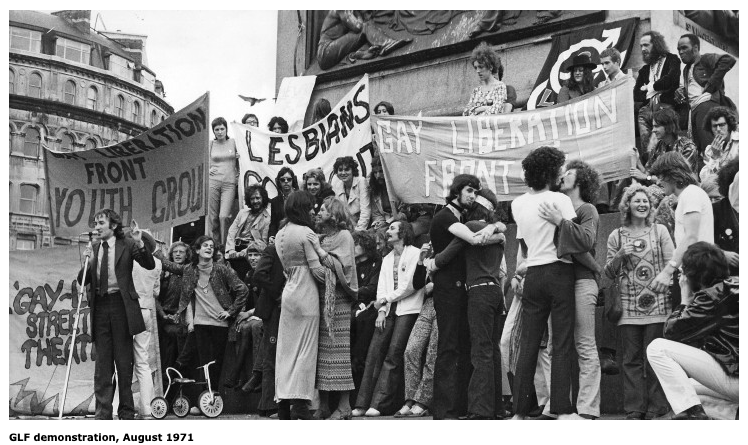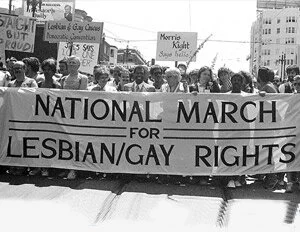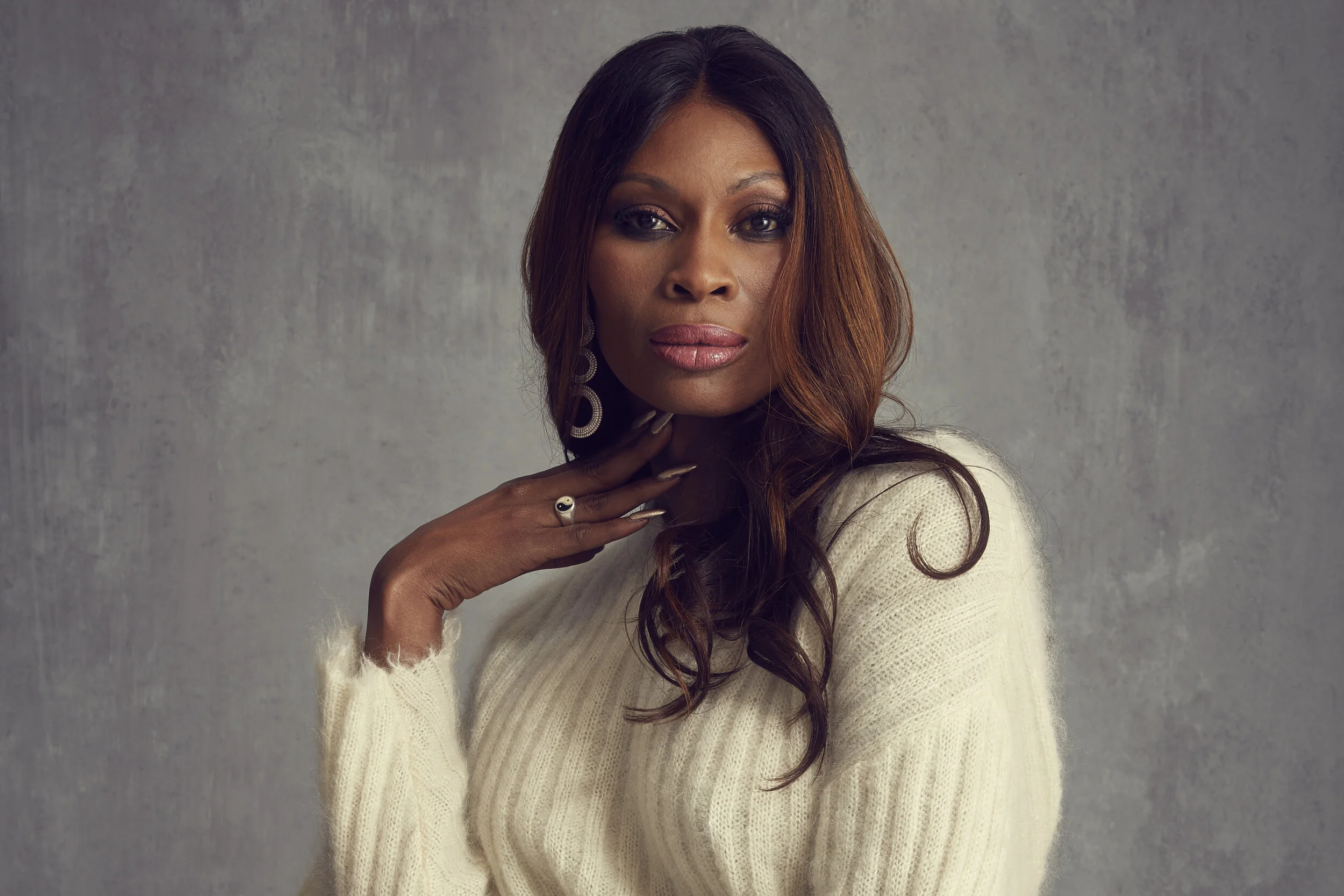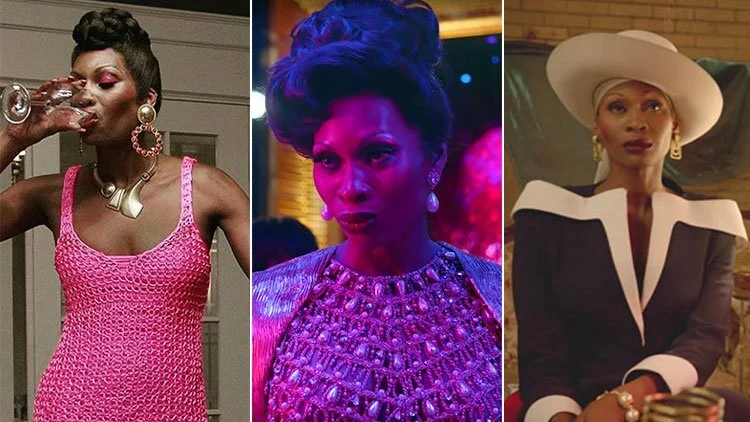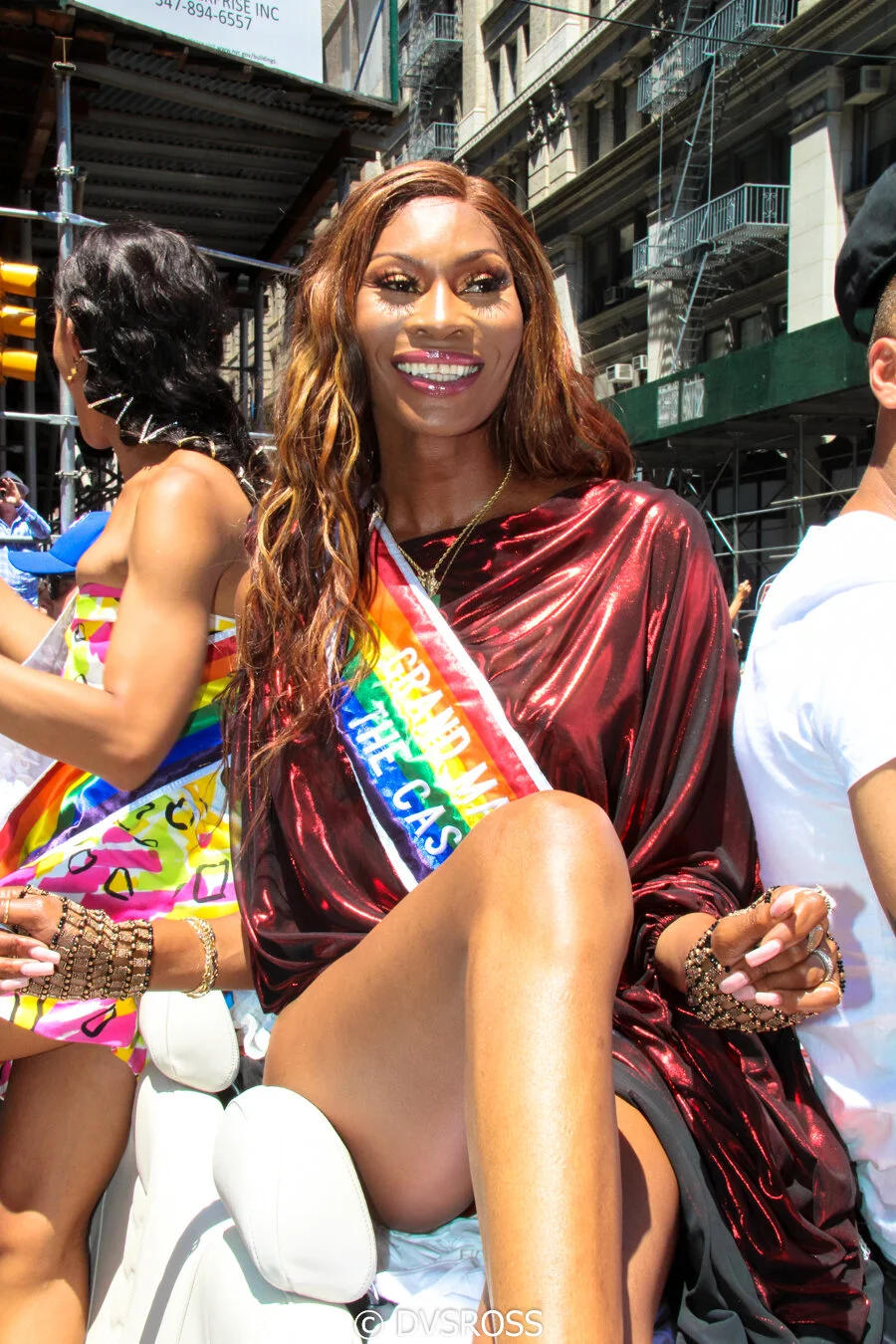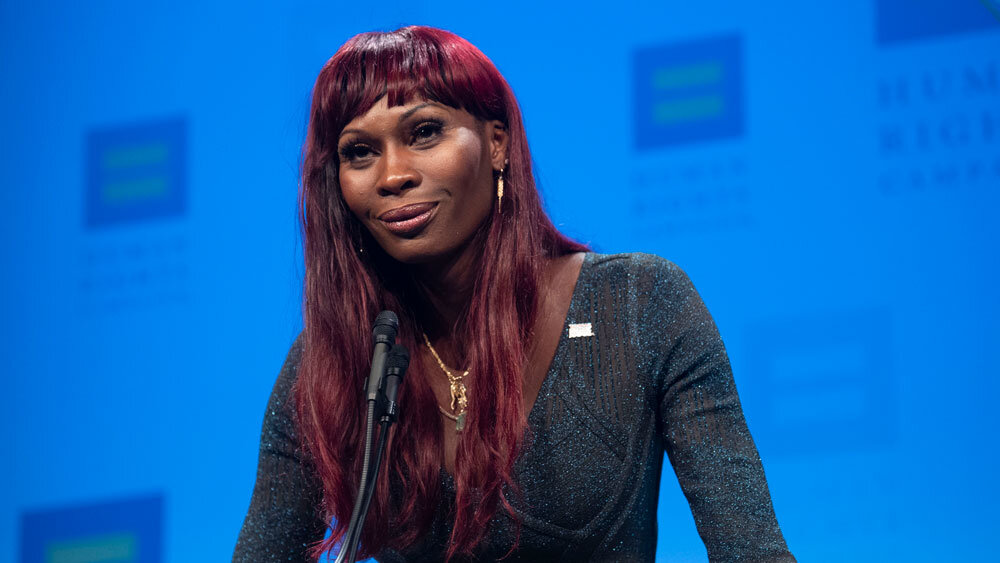From Marsha P. Johnson to Dominique Jackson:
50+ years of gay and trans rights activism
Unlike other countries, Belgium celebrates Pride month in May. Surely, the colourful sidewalks and the city halls and shop windows decked in rainbow flags don’t go by unnoticed. While we proudly celebrate Pride - as we should - at Queef, we also find it important to recognize the origins of Pride and acknowledge the activists who spent their lives fighting for our rights. What follows is an ode to Stonewall-rioter Marsha P. Johnson and contemporary trans rights activist Dominique Jackson.
Marsha P. Johnson
Wondering what the P. stands for? Iconically, Marsha said the "P" stood for "Pay it no mind". It was her response to the criticisms they received on their appearance, gender identity, and general movement in life. Marsha often received criticism for appearing too ‘masculine’ and failing to fit in the definitions of what it meant to be a woman.
Throwing the first brick at Stonewall
“Stonewall wasn’t done out of a sense of pride. It was done after a buildup of shit from constant police raids in Greenwich Village”’ - Miss Major
Most queer people have heard of Stonewall, the June 28, 1969 riots at New York City's Stonewall Inn, and a historical turning point in the Gay Liberation movement. During a period where homosexual acts were illegal in the United States, police raids on gay bars and queer spaces were common. The days leading up to the Stonewall uprising were marked by increasing tensions between queers and the police.
On the Tuesday (June 24th) before the riots, police arrested Stonewall employees and confiscated their ‘illegal’ alcohol. The police intended to raid Stonewall a second time on that Friday, in which they planned to shut the bar down permanently.
Friday night, undercover police raided Stonewall and began arresting the staff and patrons of the bar. They singled out drag queens, crossdressers, and trans women for ‘masquerading’ as the opposite sex - which was illegal at the time.
Soon after, the crowds erupted as police got increasingly violent in their arrests of gender non-conforming people. People began taunting the cops yelling the timeless phrase: “Pigs!”. They also threw pennies and coins at the officers screaming “Copper!”. We love the wordplay.
In comes Marsha P. Johnson, who is said to have thrown the first brick at the cops (it could have been a stone, but a brick is more satisfying). Marsha was a black transgender drag performer who fought for queer liberation all while resisting arrest on that eventful night. Interestingly, Johnson was one of the first drag queens to ever go to the Stonewall Inn. It had previously only been open to gay men.
Beyond Stonewall
Although many know Marsha from her trailblazing actions at Stonewall, it never really ended (or started) there. Soon after the Stonewall uprising, Marsha worked with the Gay Liberation Front, taking part in the first Christopher Street Liberation Pride rally in 1970. She was one of the founders of the STAR House in 1972 — a shelter and safe space for homeless gay and trans youth. During the 1980s, she worked as an AIDS activist working with the AIDS Coalition to Unleash Power (ACT UP).
Although much of Marsha’s life was devoted to helping others and queer liberation, she suffered from mental health issues — having been assaulted, taunted, and brutalized throughout the years for simply existing. She often relied on sex work to support herself and other young people from the STAR House.
In 1992, after a Pride parade, she was found floating in the Hudson River. Her death was initially ruled a suicide, although attacks on gay and trans people were common at the time. It was only 20 years later that the case was reopened as a possible murder. Marsha P. Johnson has yet to receive justice and clarity with regard to her death.
Gay Liberation Front Demonstration, 1971
Betrayal in the 70s & 80s
The Gay Liberation movement grew out of the Stonewall uprising and advocated for gay and trans rigths. Initially the movement fought for rights for all queer people, and worked closely together with feminist and black rights movements. Along the 70s however, there was a tipping point. Many gay (and lesbian) activists felt that obtaining rights and acceptance by broader society would be less strenuous if they didn’t have to account for visibly gay and trans people.
For the next decade, the gay rights movement started fighting mostly for the rights of gay people who could present as ‘passing’. Trans people, effeminate gay men, masculine lesbian women, or gender non-conforming people in general, were heavily ostracised and stigmatized, not just by a heterosexual society, but by this part of the gay community as well. While the gay rights movement had made huge progress acquiring rights and acceptance for gays and lesbians by the 2000s, trans people did not share in this victory. The unwillingness of early gay rights activism to discuss a bigger spectrum of sexual and gender identity, is in large part the reason why trans people today still don’t have the same rights.
One activist that has been working tirelessly to advance trans rights and voices is Dominique Jackson. Time to get acquainted below, if you weren’t already!
Dominique Jackson
One of the more recent trailblazers to carry the torch is Dominique Jackson. Most of us got to know her as Elektra Abundance on the series Pose - which, arguably, is in itself a trailblazing production within Hollywood's phobic-ridden casting and queer storytelling.
But what Jackson has done for the queer community, and most specifically for the trans community, far exceeds her iconic performance on screen - it is her real-life accomplishments, activism, and frank voice which constitute her long-standing contributions to the uplifting of trans and queer lives.
After fleeing persecution as a trans woman in her home of Trinidad and Tobago and experiencing homelessness and rejection from her own family, Jackson used her success in the ballroom culture to shed light on the challenges trans women like herself too often face.
In New York City she became a part of the underground ballroom scene where she sharpened and honed her ability to walk the catwalk. Feeling accomplished in the ballroom, she went on to become one of New York City's legendary entertainers hosting club nights, pride festivals, non-profit organizational events and fundraisers that were to assist in the betterment of her community.
As a result of all her efforts and stature, Jackson has been awarded the Jon Michael Harrington Humanitarian Award in 2003 and The Pepper Labeija Image Award in 2007, to name a few. In 2005 she had also participated in The Dl Stats project - taking testing into the underground ballroom scene and into nightclub events, so as to reach and aid a population highly at risk for HIV/AIDS infection.
But we are only scratching the surface for her activism so far - for example, Dominique also got involved with different agencies assisting them in reaching the queer community with the main concentration on youth, infected youth, and all trans-identified folk regarding empowerment, alternate choices for employment, as well as medical and mental health care.
In 2014, Jackson released her autobiographical memoir The Transsexual from Tobago (Revised). In her own words: “It is about a young child's journey to understanding and discovery through facing molestation, heartache, pain and trauma. Learning about sexual identity and preference. [...] This book is an attempt to bring visibility to a community constantly abused by its peers. It is the experience from one but of many. It addresses the need for understanding, not just tolerance.”
"You do not have the power to accept or tolerate me. I take that from you, you will respect me."
...She said what she said. Watch the rest of what she said below:
“You will respect me”: in arguably one of the most resonant and loud moments of trans advocacy in the latest years, Jackson sent chills down our spines with her National Equality award acceptance speech at the 2019 Human Rights Campaign dinner.
